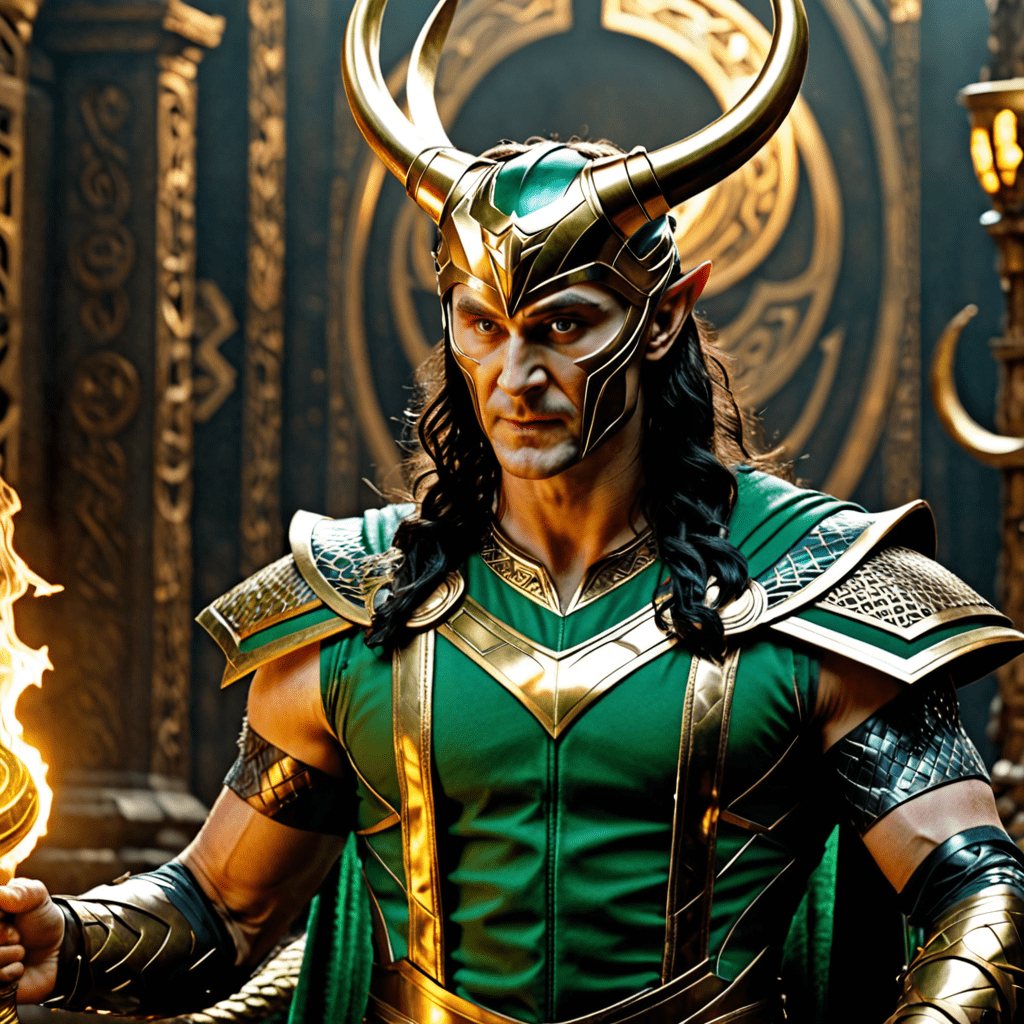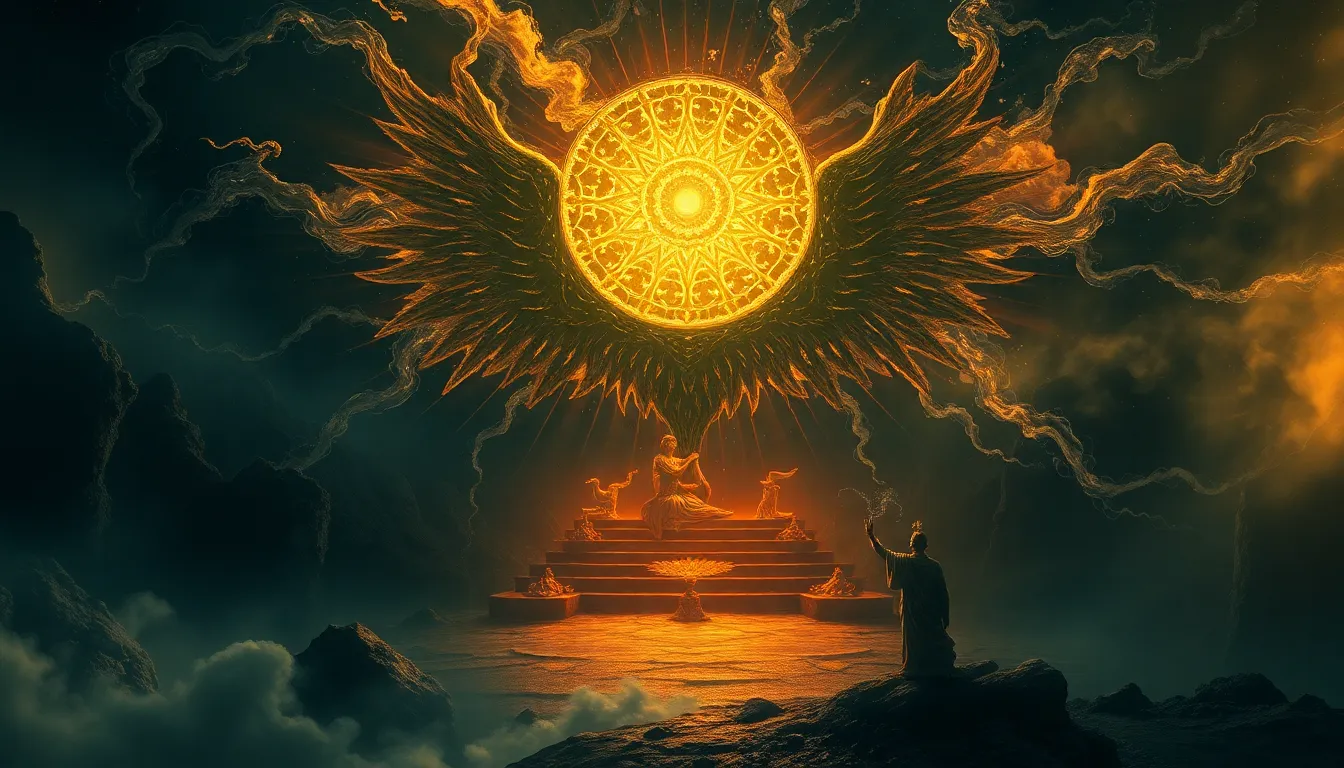Loki: The Complex Trickster Figure in Norse Mythology
The character of Loki in Norse mythology is one of the most fascinating and enigmatic figures within the Norse pantheon. Known for his cunning and trickery, Loki plays a pivotal role in many myths and legends.
Who is Loki in Norse Mythology?
Loki is a prominent deity in Norse mythology, often depicted as a shape-shifter, trickster, and mischief-maker. Despite being counted among the Æsir gods, Loki is actually a Jötunn (a giant) by birth. His complex nature as a deity capable of both great kindness and devious acts makes him a dynamic and multi-dimensional character.
What are Loki’s Notable Deeds?
Loki is notorious for his involvement in various mythological events, notably his role in the death of Baldur, the beloved god of light. Loki’s cunning schemes often lead to chaotic consequences, yet his actions sometimes also benefit the gods and their realm. His mischievous nature brings both trouble and innovation to Asgard, the realm of the gods.
Why is Loki Considered a Trickster Figure?
As a trickster figure, Loki embodies qualities of deception, ambiguity, and unpredictability. He challenges the status quo, disrupts order, and blurs the lines between right and wrong. Loki’s trickery serves as a catalyst for change within Norse mythology, pushing the gods to confront their weaknesses and their limitations.
In conclusion, Loki’s role as the complex trickster in Norse mythology adds depth and intrigue to the rich tapestry of legends from the ancient Northern cultures. His dynamic personality and ambiguous morality make him a compelling character that continues to captivate readers and scholars alike.
FAQs about Loki: The Complex Trickster Figure in Norse Mythology
Who is Loki in Norse Mythology?
Loki is a prominent figure in Norse mythology known for his cunning and mischievous nature. He is a trickster god who often causes trouble for both gods and humans.
What are some of Loki’s notable characteristics?
Loki is portrayed as a shape-shifter, able to transform into various animals. He is also known for his silver tongue, cleverness, and his ability to deceive even the gods.
What are some famous stories involving Loki?
Loki plays a central role in many Norse myths, such as the binding of the wolf Fenrir and the death of the god Balder. His actions often lead to chaos and conflict among the gods.
Is Loki considered a villain in Norse mythology?
While Loki’s actions often bring about negative consequences, his character is more complex than a traditional villain. He sometimes aids the gods and possesses qualities that make him both loved and feared.
How does Loki’s story typically end in Norse mythology?
In the Norse apocalyptic event of Ragnarok, Loki plays a pivotal role by leading the forces of chaos against the gods. Ultimately, he faces retribution for his actions in a final showdown.



